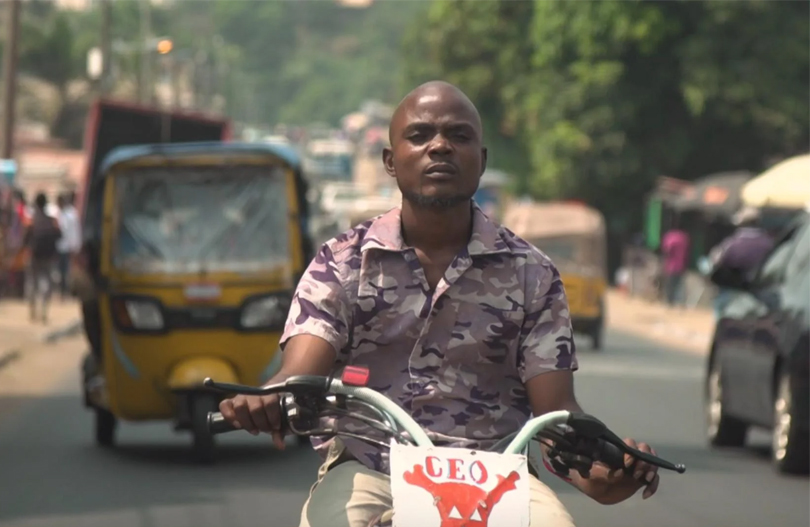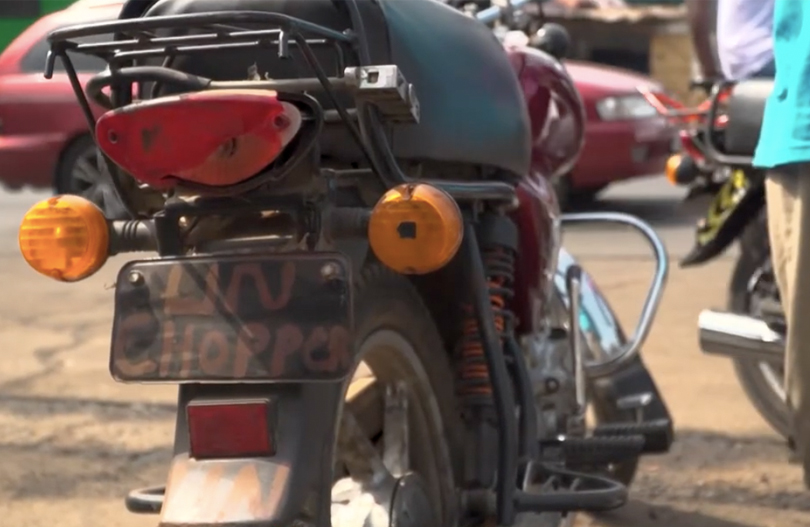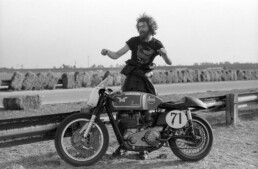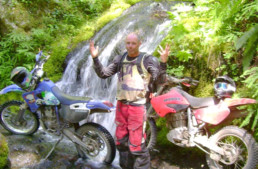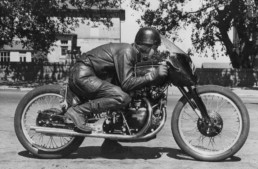The Vintagent Selects: A collection of our favorite films by artists around the world.
BEST MAN CORNER (2019)
Run Time: 19:02
A Film By: Jaremey McMullin
Camera: Matthew Hyndman
Editor: Tanya Schangin
Key Cast: The Riders of Best Man Corner
FILM MAKERS
Over 175,000 motorcycle taxi drivers operate across Liberia. Most of them are either former child soldiers or conflict-affected youth who lost out on economic and educational opportunities because of the war. Best Man Corner profiles the young riders of one of Monrovia’s motorcycle taxi ranks, exploring how the ‘motorbike hustle’ is a means of survival but also a form of building peace.
LIBERIA: LEGACIES OF PEACE short film series: Best Man Corner is one of five films that comprise a documentary short series, ‘Liberia: Legacies of Peace.’ The series, funded by the Scottish Funding Council’s ODA Global Challenges Research Fund, looks at the everyday challenges and opportunities of peace building in post-war Liberia.
SUMMARY
“You can never get what you want in life if you’re not able to hustle.”
Best Man Corner opens with these words from Edwin, a long-time motorcycle taxi driver and former child soldier. His experiences in the ‘motorbike hustle’ contrast the opportunities and constraints of post-war life in Liberia. If peace building is always unfinished, then to whom does the unfinished work of building peace fall? Best Man Corner ethnographically situates answers to this question at a busy motorcycle taxi rank in central Monrovia. Ex-combatant and conflict-affected youth make up the vast majority of Liberia’s 175,000 motorcycle taxi drivers. Motorcycling emerged after Liberia’s civil war as a critical economic sector. It provides cyclists with economic livelihood opportunities and constitutes a space of socio-political youth mobilization. Motorcycling offers a unique vantage point to understand the long-term post-war challenges facing youth and the multiple roles that young people play after war. The motorbike riders at Best Man Corner ride to survive, but also make clear that, through motorcycling, they establish themselves as active peacebuilding subjects, enacting their own ideas to counter the insecurity and marginalization of post-war life. Their experiences raise critical questions: Where is peace built? Who builds peace, and whose peacebuilding contributions are seen and recognized? How is peacebuilding understood and evaluated? And, how does film make otherwise hidden aspects of the research process visible? These questions underscore how the long-term trajectories of youth are too often neglected in academic and policy approaches to post-war transition.
RELATED MEDIA
Motorcycling As Peacebuilding – Center for Peace and Conflict Studies
Watch Jaremey McMullin’s companion short film – Pink Panther
